What is a Gravity Hole in the Ocean?
The ocean is a vast expanse of water that covers over 70% of the Earth's surface. Within this immense body of water, scientists have encountered a phenomenon known as a "gravity hole." A gravity hole is not just a simple term; it embodies a complex interaction of oceanic and geological factors that can have significant implications for navigation, marine life, and our understanding of the Earth's gravitational field. Understanding gravity holes requires a closer look at the concept of gravity anomalies, ocean currents, and the unique geological structures that contribute to these intriguing features.
Gravity holes, also referred to as "gravity lows," are regions in the ocean where the gravitational pull is weaker than the surrounding areas. This reduction in gravitational force can be attributed to a variety of factors, including the local topography of the seafloor and the density of the water above it. As such, these areas may not just be anomalies but may also provide valuable insights into the Earth's geological processes and the behavior of ocean currents.
Below is a list that outlines some key aspects of gravity holes in the ocean:
- Definition: A gravity hole is a region in the ocean characterized by a lower gravitational pull than its surrounding areas.
- Causes:
- Variations in seafloor topography, such as underwater mountains or trenches.
- Densities of different water masses, which may differ due to temperature and salinity variations.
- Geological formations that may cause local decreases in gravitational pull.
- Measurement: Gravity holes are identified using gravimetric surveys, which measure gravitational acceleration at various points in the ocean.
- Effects on Navigation: Ships and submarines may experience slight deviations in their navigation due to the weaker gravitational pull in these areas, necessitating careful navigation considerations.
- Impact on Marine Life: The unique conditions of gravity holes may create distinct marine ecosystems, potentially affecting species distribution and abundance.
- Research Importance: Studying gravity holes can provide scientists with valuable information about the Earth’s internal structure and help refine models of ocean dynamics.
In conclusion, gravity holes are fascinating features of our oceans that signify the complexity of our planet's geological and oceanic systems. As research continues to evolve in the fields of oceanography and geology, a deeper understanding of these gravity anomalies can enhance our knowledge of marine environments and improve navigation safety across our oceans.
 www.youtube.com
www.youtube.com
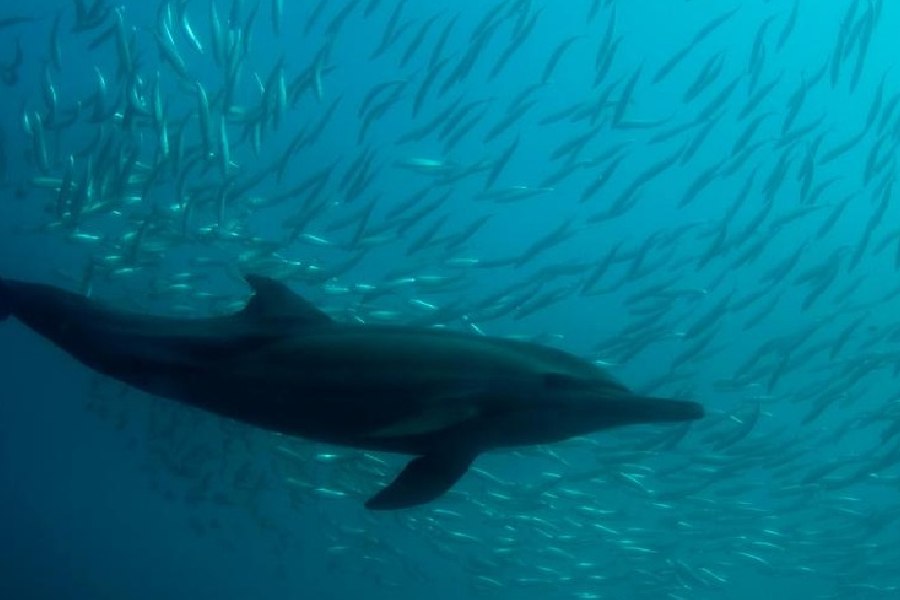 www.trendradars.com
www.trendradars.com
 www.newscientist.com
www.newscientist.com
 www.transcontinentaltimes.com
www.transcontinentaltimes.com
 www.hindustantimes.com
www.hindustantimes.com
 www.youtube.com
www.youtube.com
 www.indiatoday.in
www.indiatoday.in
 www.hindustantimes.com
www.hindustantimes.com
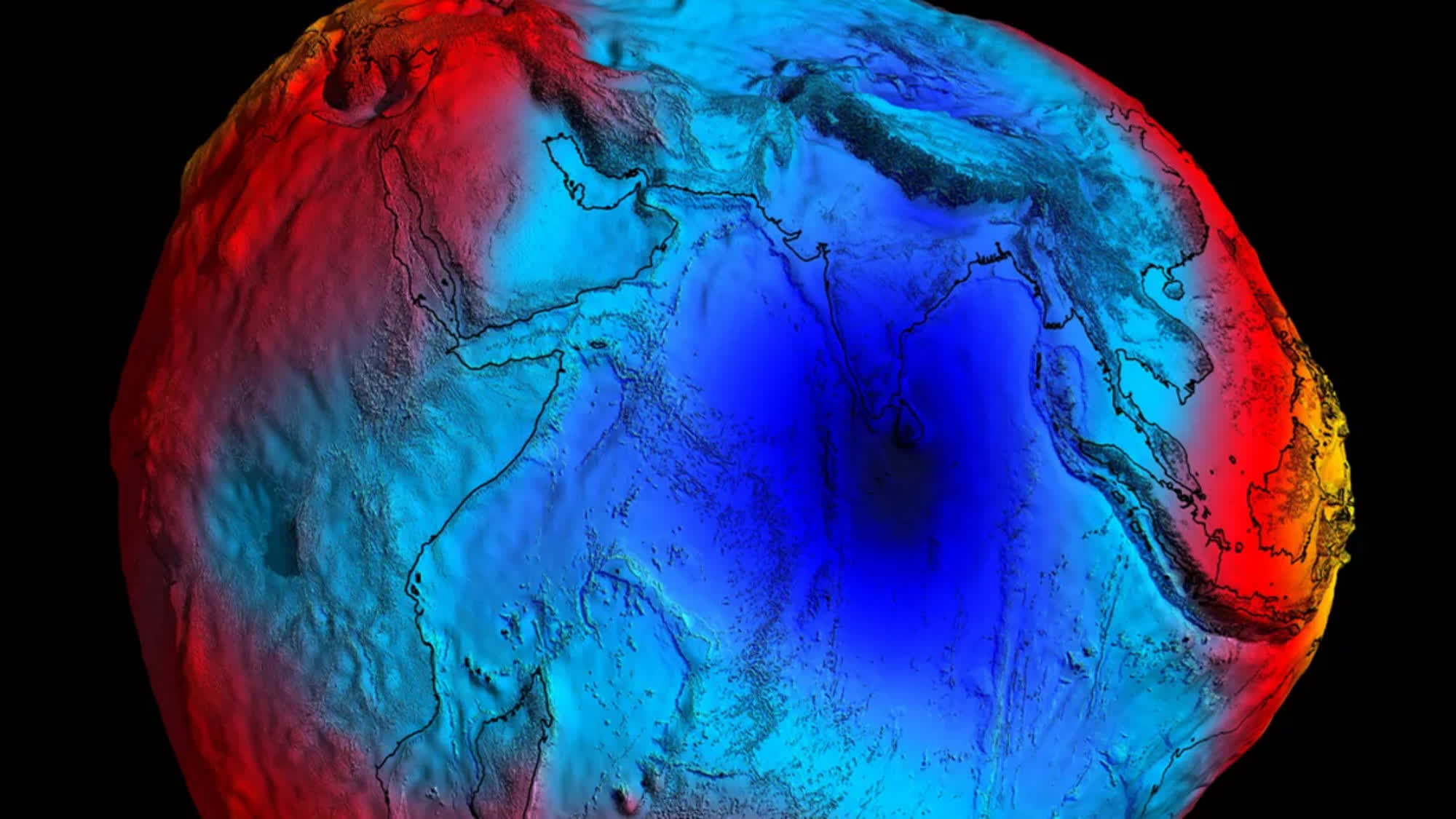 www.techspot.com
www.techspot.com
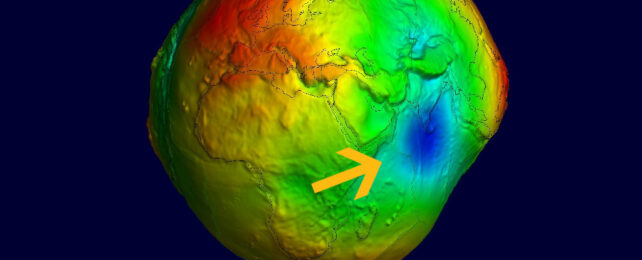 www.sciencealert.com
www.sciencealert.com
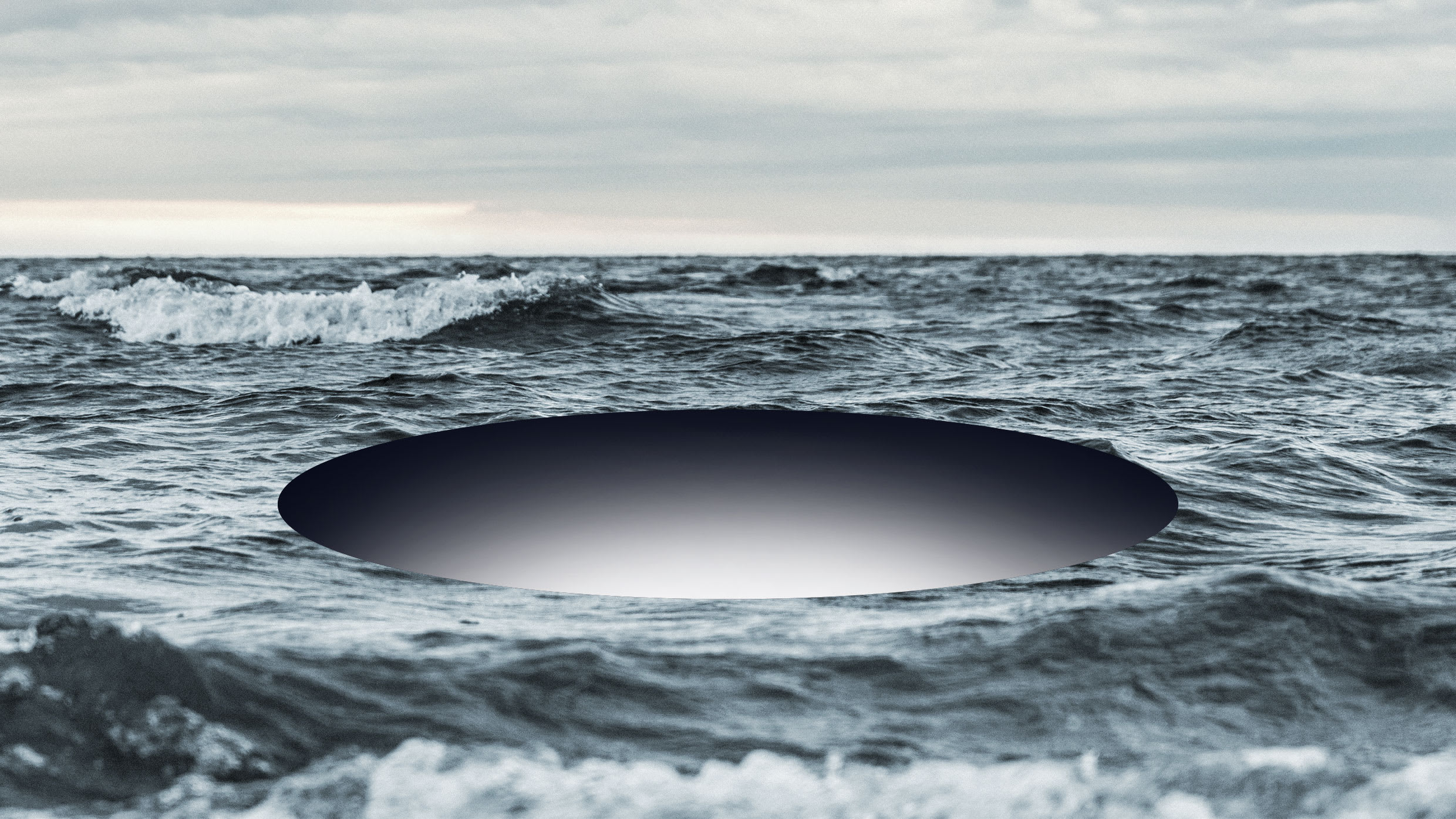 www.fastcompany.com
www.fastcompany.com
 www.pgurus.com
www.pgurus.com
 www.youtube.com
www.youtube.com
 big14news.com
big14news.com
 theswim.in
theswim.in
 www.syfy.com
www.syfy.com
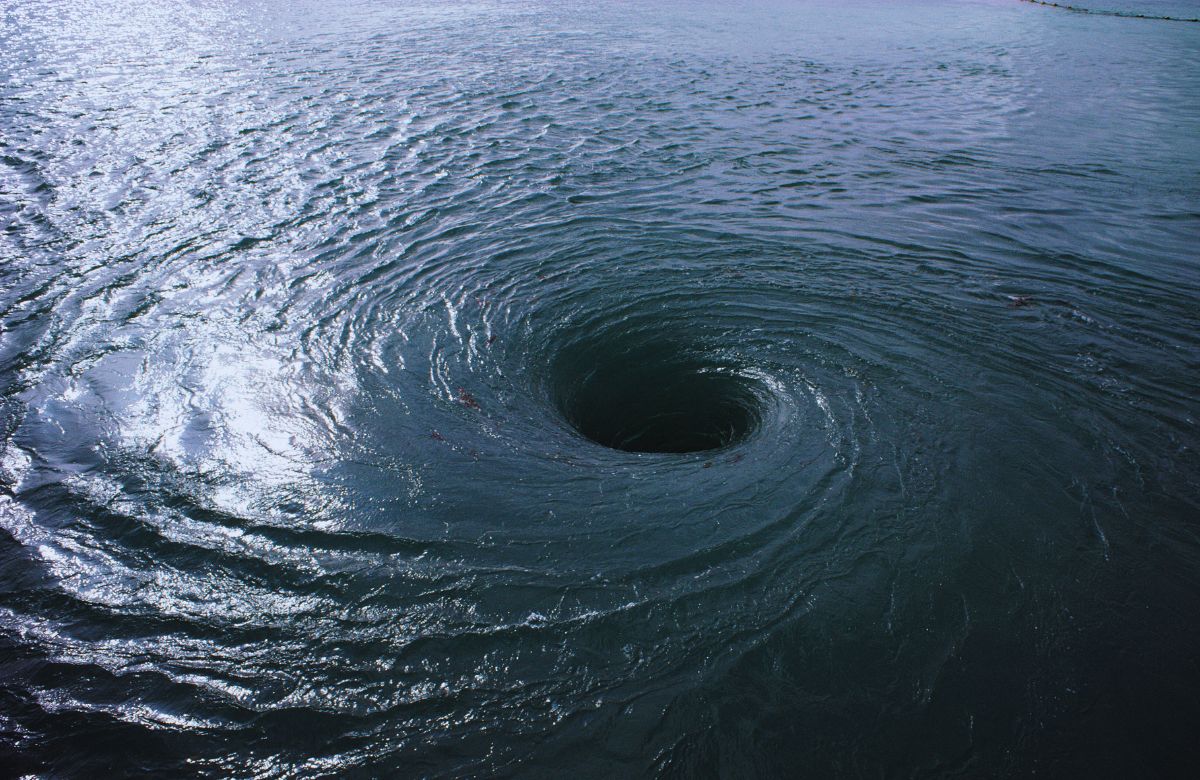 curlytales.com
curlytales.com
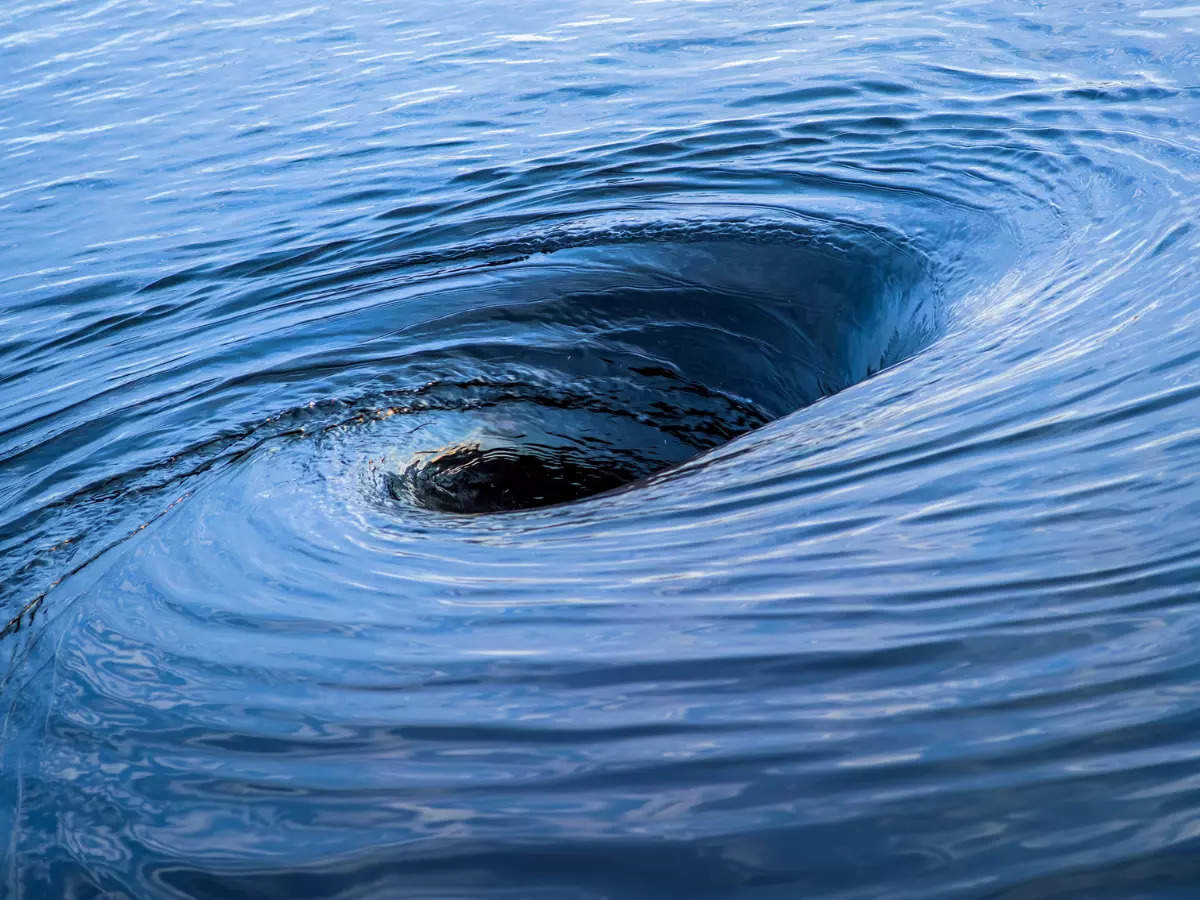 www.waca.msf.org
www.waca.msf.org
 www.jagranjosh.com
www.jagranjosh.com
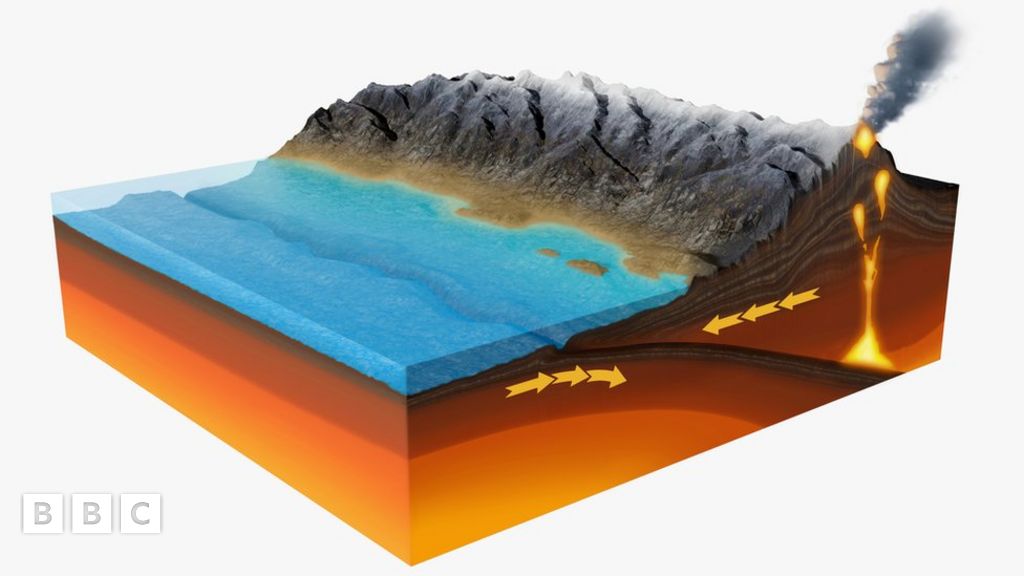 www.bbc.co.uk
www.bbc.co.uk
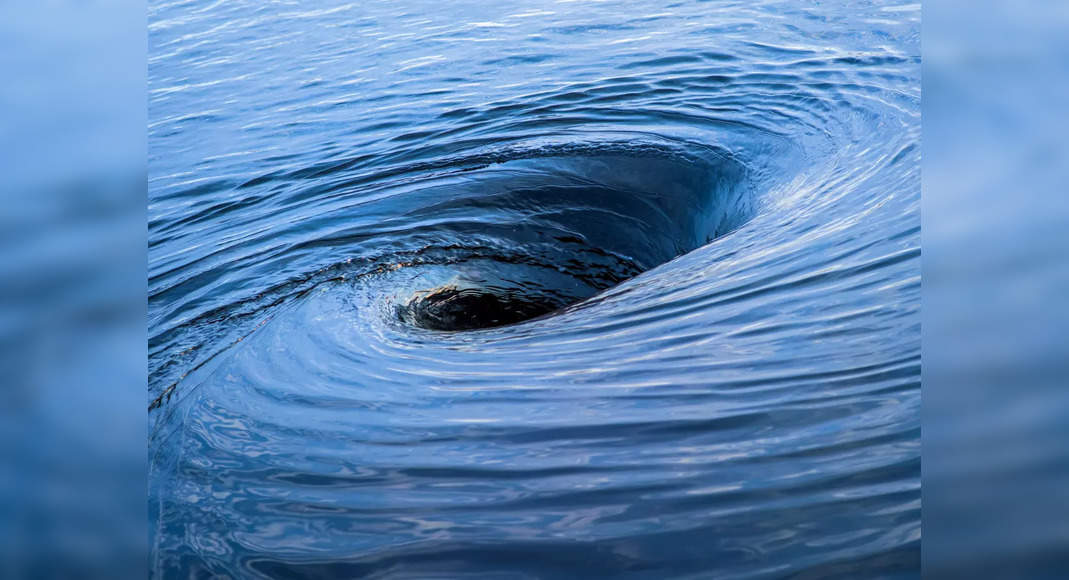 timesofindia.indiatimes.com
timesofindia.indiatimes.com
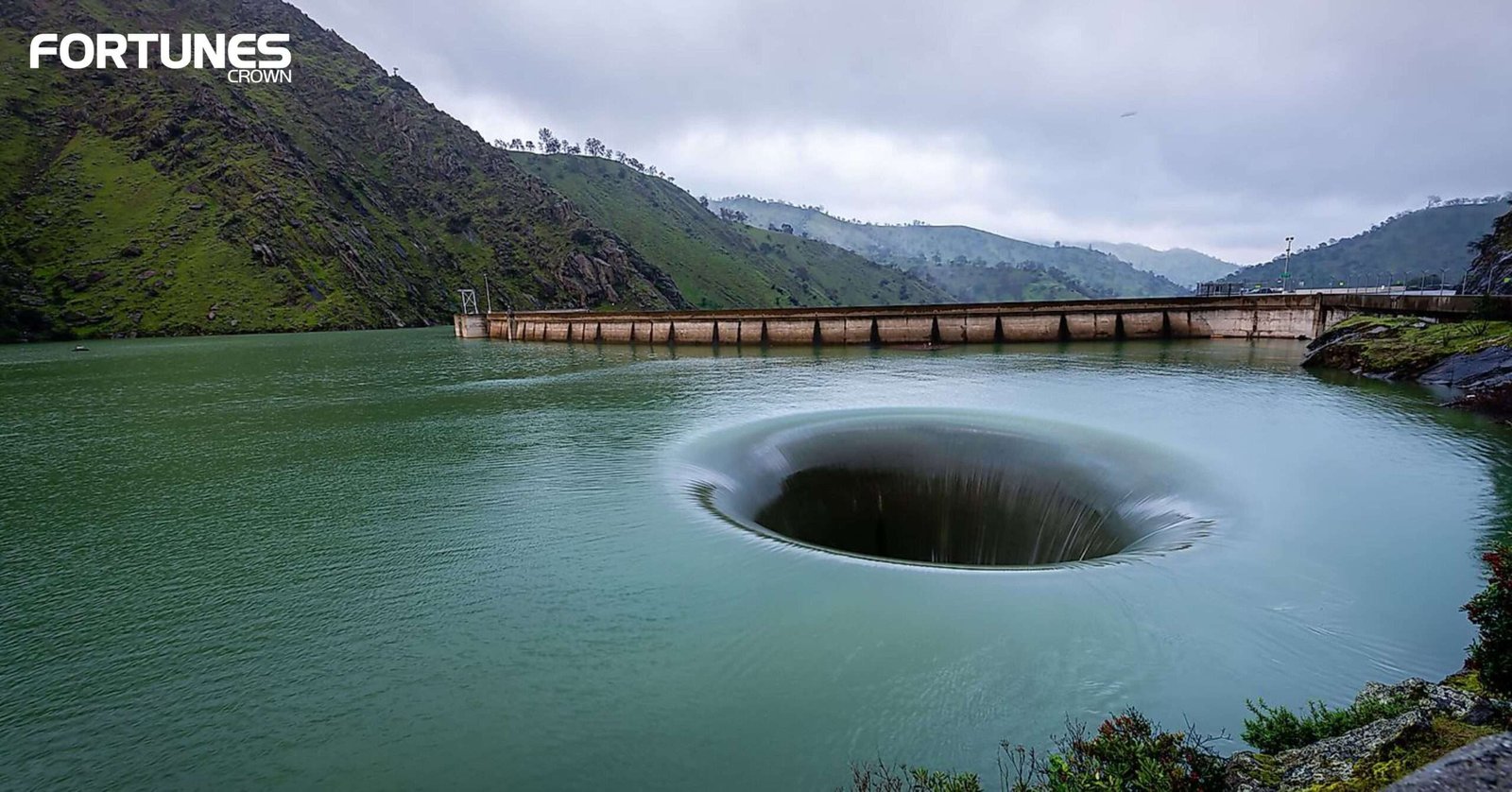 fortunescrown.com
fortunescrown.com
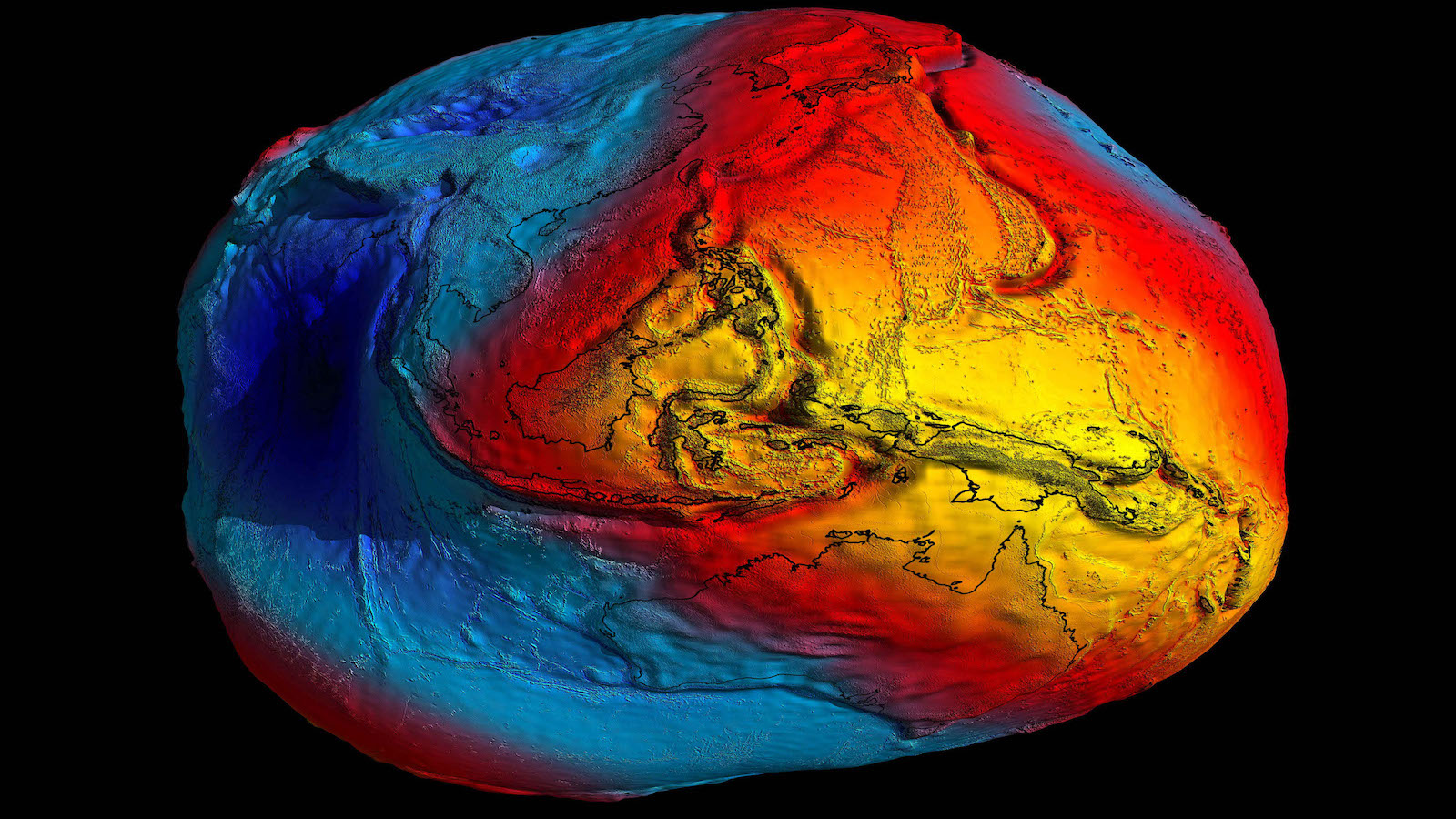 www.inkl.com
www.inkl.com
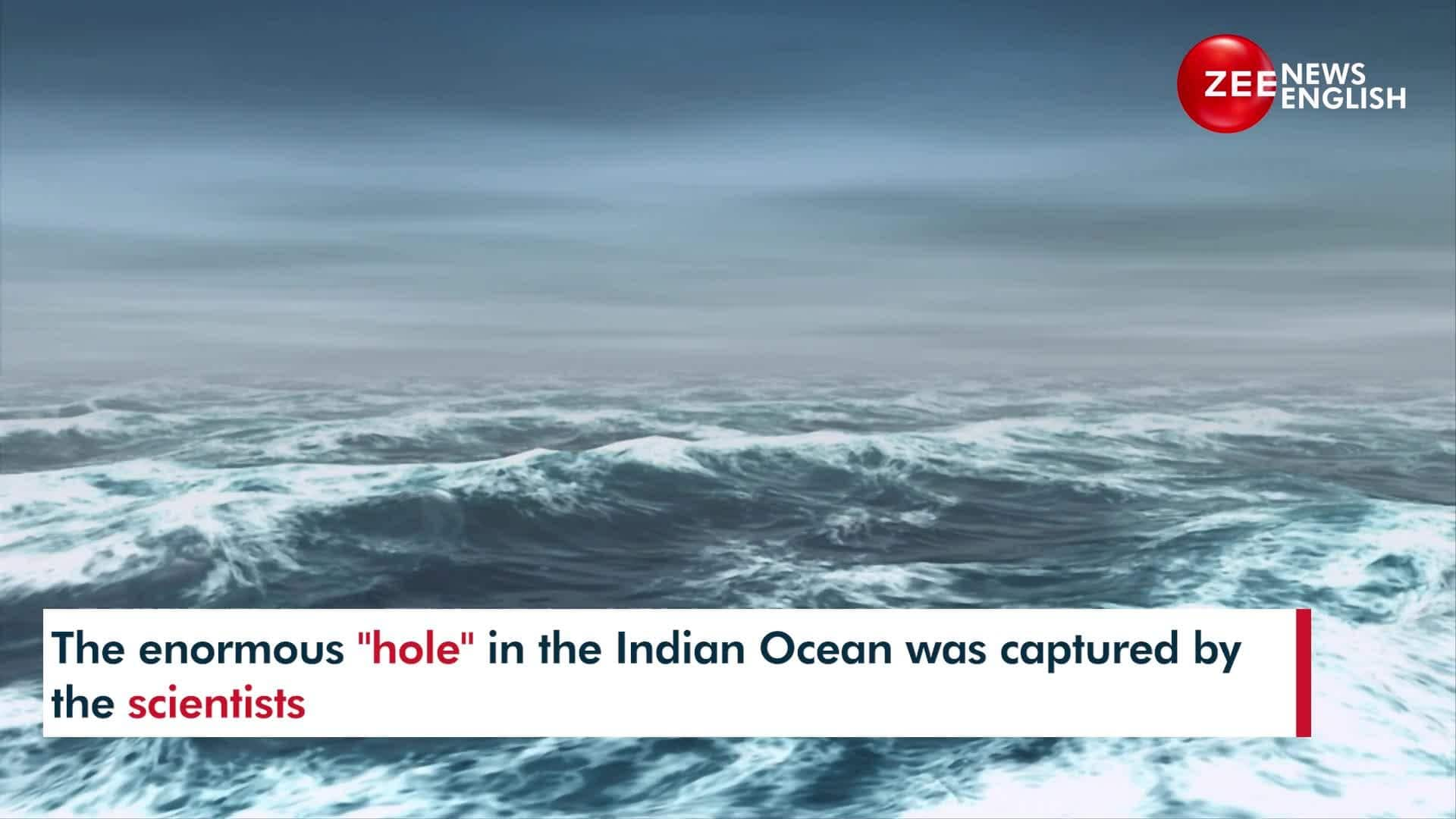 zeenews.india.com
zeenews.india.com
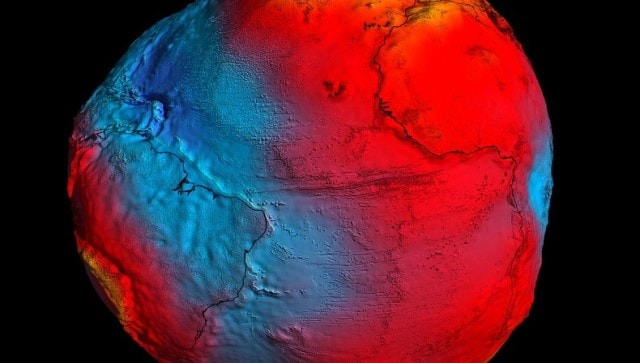 www.firstpost.com
www.firstpost.com
 www.civilsdaily.com
www.civilsdaily.com
 www.physics-astronomy.com
www.physics-astronomy.com
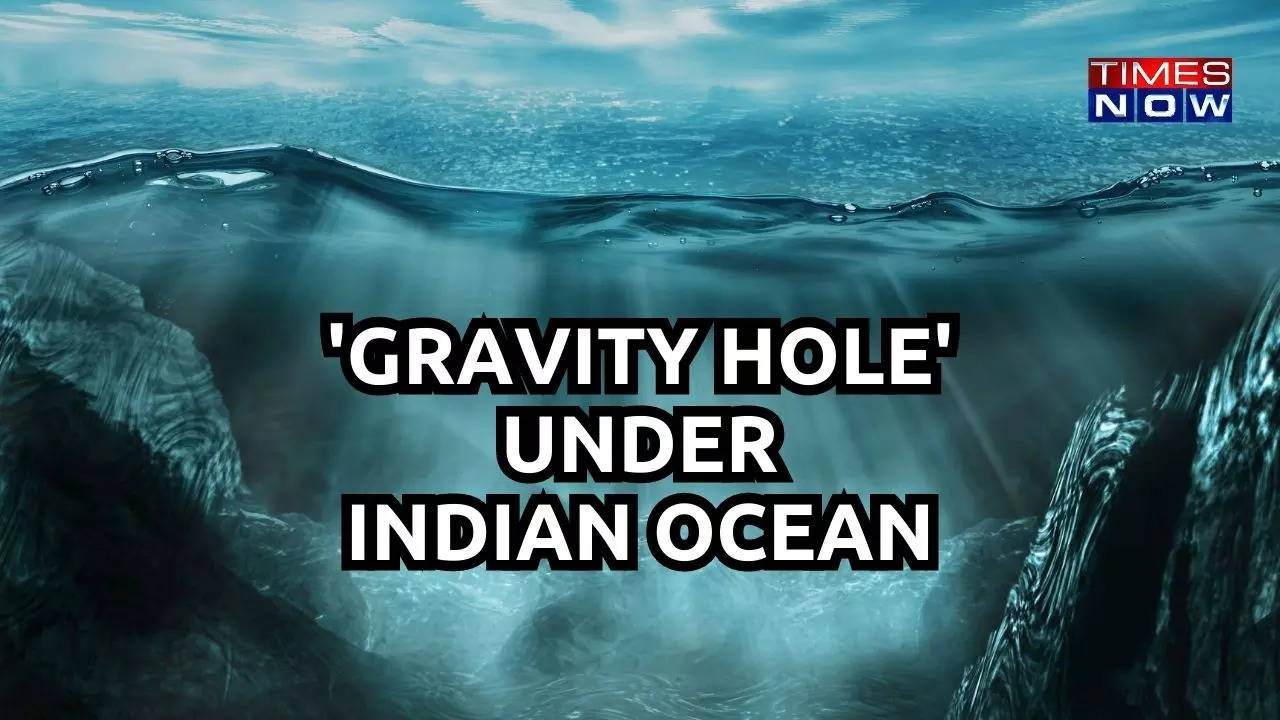 www.timesnownews.com
www.timesnownews.com
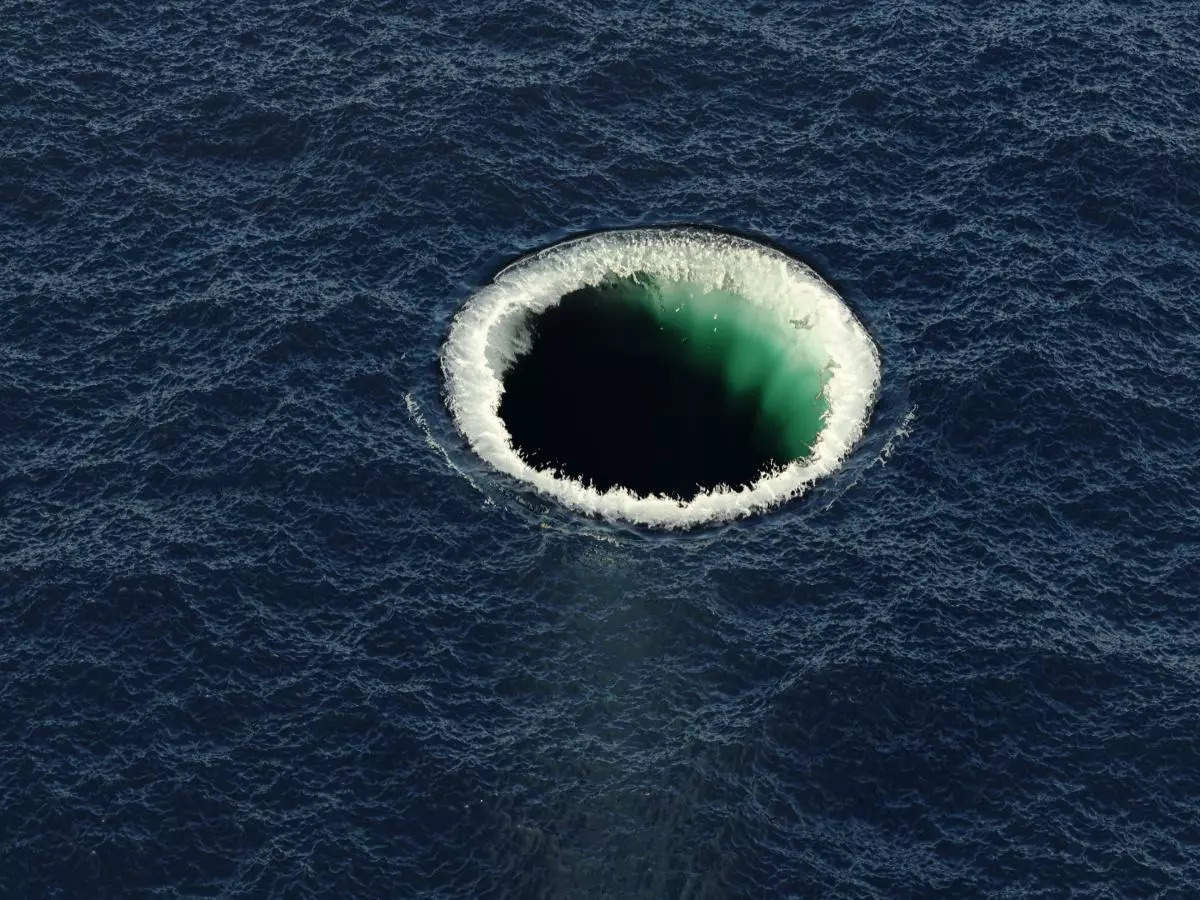 www.msn.com
www.msn.com
 www.wionews.com
www.wionews.com
 weirdandbizarrefacts.blogspot.com
weirdandbizarrefacts.blogspot.com
 techsambandhi.blogspot.com
techsambandhi.blogspot.com
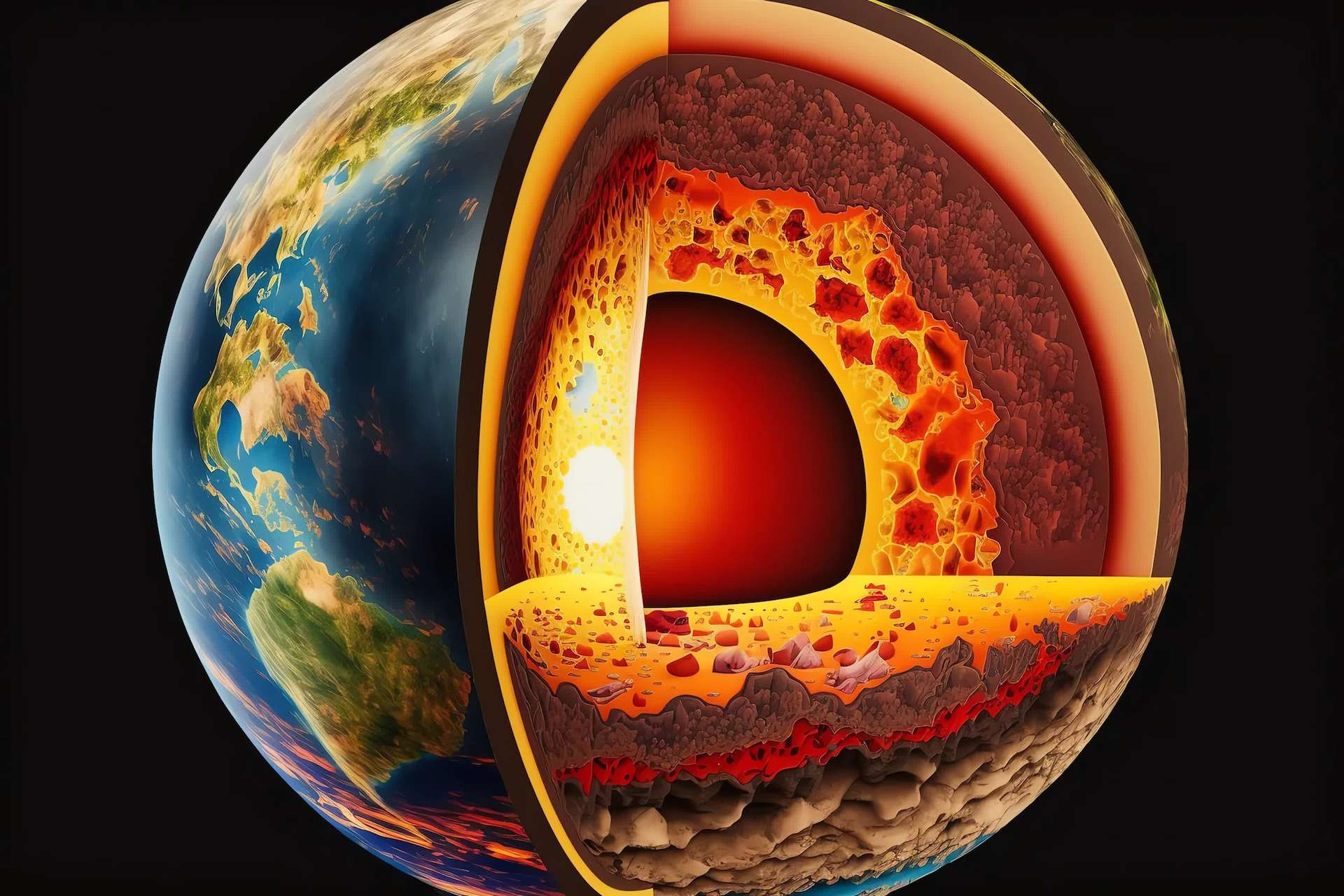 theinformant.co.nz
theinformant.co.nz
 www.americanoceans.org
www.americanoceans.org
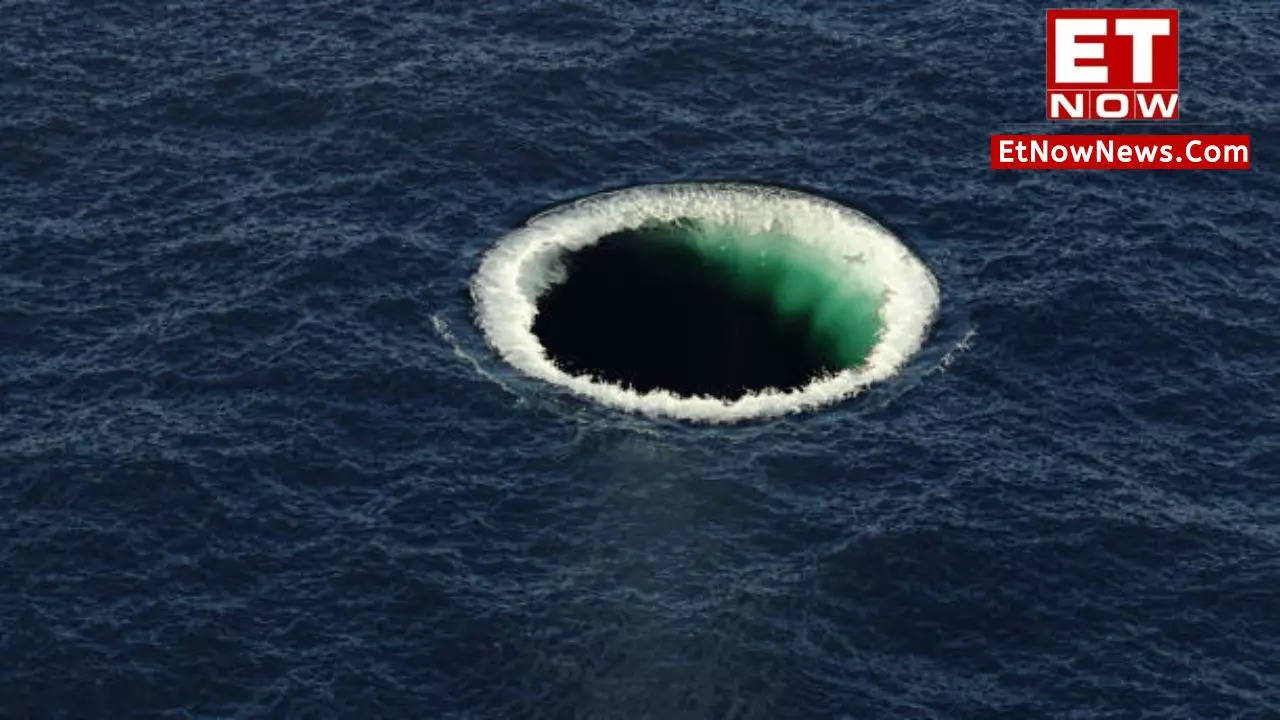 www.etnownews.com
www.etnownews.com